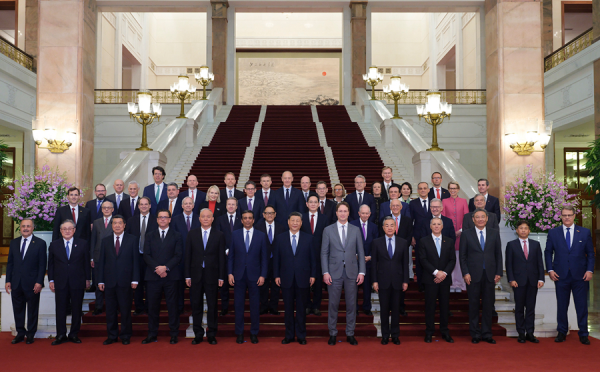
WHO consultation sets research priorities for monkeypox
Geneva: Improved control of monkeypox in endemic countries is critical to address increases in disease incidence, and to control importations and outbreaks elsewhere.
A global research consultation convened by the WHO R&D Blueprint gathered over 500 experts and more than 2000 participants to discuss knowledge gaps and research priorities for monkeypox, in view of the recent outbreaks of the disease in both endemic and non-endemic countries.
Researchers and high-level experts from all over the world met virtually for 2 days on June 2 and 3, 2022, to review the available evidence on the epidemiology of the virus; its transmission dynamics; the clinical characteristics; One Health research; community engagement; and countermeasures for managing the disease, including clinical care, treatments and vaccines. They agreed that effective countermeasures should be made available based on where the need was greatest.
Participants agreed that
Experts underlined the need for expedited studies to better understand the disease epidemiology, its clinical consequences, and
Experts also emphasized the need for clinical studies of
Implementing without delay public health activities—such as communicating prevention information, enhanced disease surveillance, contact tracing, isolation of cases and optimized care of people with the virus—should be used to limit the spread and help the people affected, no matter where they are.
This consultation is part of a range of WHO activities in response to this multi-country outbreak. The R&D Blueprint is a global strategy and preparedness plan that allows the rapid activation of R&D activities during epidemics. Its aim is to fast-track the availability of effective tests, vaccines and medicines that can be used to save lives and avert large scale crises.
– global bihari bureau





